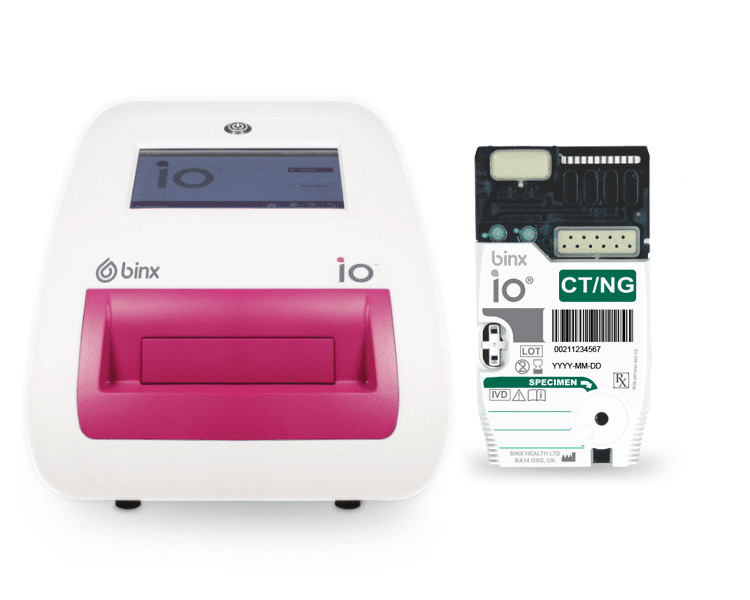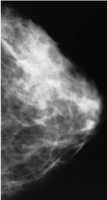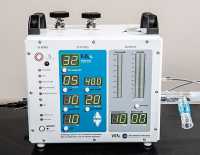Author Interviews, Cancer Research, COVID -19 Coronavirus / 19.05.2020
COVID-19: Experience in Using Cancer Drugs
MedicalResearch.com Interview with:
Paolo A. Ascierto, MD
Melanoma. Cancer Immunotherapy and Development Therapeutics Unit
Istituto Nazionale Tumori IRCCS Fondazione "G. Pascale"
Napoli - Italy
MedicalResearch.com: What is the background for this study? What are the main findings?
Response: As we know, in Covid-19 pneumonia, especially in its complication “acute respiratory distress syndrome (ARDS)”, a key role is played by the immune system. We know that when we treat a tumor with immunotherapy, it could give side effects because the stimulated immune system produces a series of substances to destroy the tumor. Sometimes, the immune system can also give side effects related to a hypersecretion of some cytokines, such as IL 6, the target of tocilizumab. This condition is called cytokine storm, or better, cytokine release syndrome (CRS).Oncologists use tocilizumab in the management of CRS that can occur following the use of bispecific antibodies, or recently, the use of CAR-T cell therapy, where such drug is approved for CRS treatment. (more…)











 Marco Taglietti, M.D.
President and Chief Executive Officer
SCYNEXIS Inc
Dr. Taglietti discusses SCYNEXIS’ announcement of positive results from its second Phase 3 study investigating the safety and efficacy of oral ibrexafungerp as a treatment for vaginal yeast infection.
MedicalResearch.com: What is the background for this study?
Response: The VANISH-306 study is one of two Phase 3 randomized, double-blind, placebo-controlled, multi-center studies designed to demonstrate the superiority of oral ibrexafungerp to placebo as a treatment of vaginal yeast infections, also known as vulvovaginal candidiasis. Ibrexafungerp is a novel oral/intraveneous broad-spectrum antifungal in late stage development for multiple indications, from the treatment and prevention of vaginal yeast infections to life-threatening invasive fungal infections in the hospital setting.
The VANISH-306 study was conducted in 42 centers in the US and EU and enrolled 449 patients. Patients were randomized to oral ibrexafungerp (two doses of 300mg taken 12 hours apart for one day) or placebo in a 2:1 ratio The primary endpoints included clinical cure rate, defined as the complete resolution of all signs and symptoms at the test-of-cure visit (Day-10) and secondary endpoints included mycological eradication and change in signs and symptoms scores compared to baseline at both day 10 and follow-up visit (Day-25). The VANISH-306 study reported positive topline data which showed that 63.3% of ibrexafungerp-treated patients saw a complete resolution of signs and symptoms 10 days following a single day dose of ibrexafungerp.
The first study in the VANISH program was VANISH-303, a US-based study, had an identical design to the VANISH-306 study. The VANISH-303 study reported positive topline data in November 2019 which showed that 50.5% of ibrexafungerp-treated patients saw a complete resolution of signs and symptoms 10 days following a single day dose of ibrexafungerp.
Both VANISH studies showed a highly significant statistical difference in the primary and secondary efficacy endpoints. The product was well tolerated.
Marco Taglietti, M.D.
President and Chief Executive Officer
SCYNEXIS Inc
Dr. Taglietti discusses SCYNEXIS’ announcement of positive results from its second Phase 3 study investigating the safety and efficacy of oral ibrexafungerp as a treatment for vaginal yeast infection.
MedicalResearch.com: What is the background for this study?
Response: The VANISH-306 study is one of two Phase 3 randomized, double-blind, placebo-controlled, multi-center studies designed to demonstrate the superiority of oral ibrexafungerp to placebo as a treatment of vaginal yeast infections, also known as vulvovaginal candidiasis. Ibrexafungerp is a novel oral/intraveneous broad-spectrum antifungal in late stage development for multiple indications, from the treatment and prevention of vaginal yeast infections to life-threatening invasive fungal infections in the hospital setting.
The VANISH-306 study was conducted in 42 centers in the US and EU and enrolled 449 patients. Patients were randomized to oral ibrexafungerp (two doses of 300mg taken 12 hours apart for one day) or placebo in a 2:1 ratio The primary endpoints included clinical cure rate, defined as the complete resolution of all signs and symptoms at the test-of-cure visit (Day-10) and secondary endpoints included mycological eradication and change in signs and symptoms scores compared to baseline at both day 10 and follow-up visit (Day-25). The VANISH-306 study reported positive topline data which showed that 63.3% of ibrexafungerp-treated patients saw a complete resolution of signs and symptoms 10 days following a single day dose of ibrexafungerp.
The first study in the VANISH program was VANISH-303, a US-based study, had an identical design to the VANISH-306 study. The VANISH-303 study reported positive topline data in November 2019 which showed that 50.5% of ibrexafungerp-treated patients saw a complete resolution of signs and symptoms 10 days following a single day dose of ibrexafungerp.
Both VANISH studies showed a highly significant statistical difference in the primary and secondary efficacy endpoints. The product was well tolerated.


















